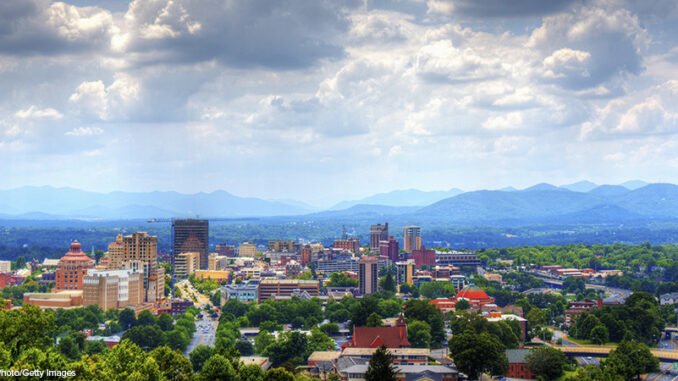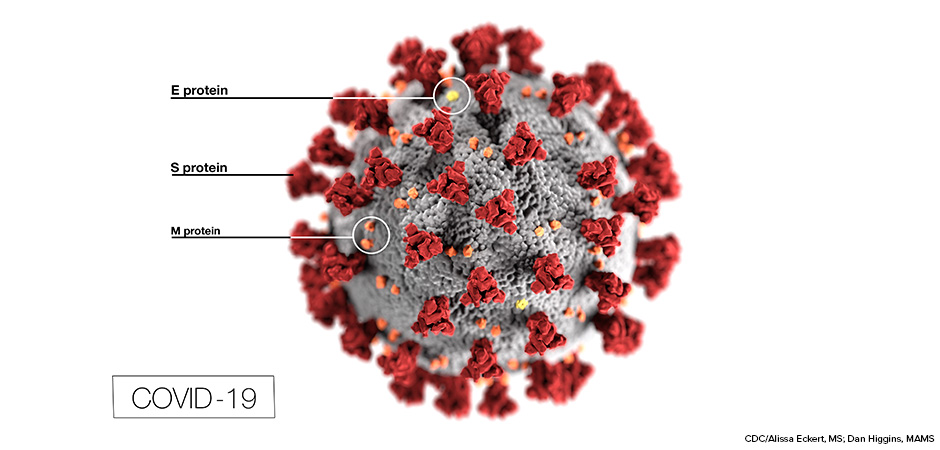
Reparations in Asheville
One of the more controversial suggestions for how to improve economic equality between white people and African Americans is the use of reparations. Reparations are direct monetary payments to African Americans as compensation for the fact that their ancestors were enslaved and that past generations of African Americans suffered economic inequality and decreased social mobility because of systemic racism.
While some people argue that people today should not have to make up for conditions that happened years before they were born, others believe in reparations for several reasons. First, reparations help give African Americans a share of the wealth that has been historically denied them–first through enslavement, and later through legal and social discrimination and segregation policies that kept African Americans from achieving the same earning potential as white people. Reparation supporters argue that this is paying back money that was historically denied. Second, reparations can help African American families build up generational wealth that could improve future economic opportunities.
In the wake of George Floyd’s death and the protests that have followed, the idea of reparations is again being debated. Last week, the Asheville, North Carolina City Council voted unanimously in favor of a resolution apologizing for slavery and racism, and awarding reparations to African American communities in the city. Rather than awarding direct payouts to residents, the city of Asheville has committed to investing in programs that help communities of color, such as education, public transportation, and housing.
Dig Deeper Use Internet resources to learn more about reparations policies in other cities, such as Chicago or Evanston, Illinois. Write a short paragraph about what you discover.
Statue Removed in England
In early June, the city of Bristol, England, made headlines worldwide when a statue of Edward Colston, an early eighteenth-century trader of enslaved people, was pulled down by Black Lives Matter protestors. Last week, it was replaced with a statue of a Black Lives Matter protestor named Jen Reid. However, just over 24 hours later, the new statue was taken down again.
According to Bristol authorities, the artist, Marc Quinn, put up his statue called A Surge of Power (Jen Reid) 2020 without asking permission or going through the proper process. Quinn says he expected this to happen, and that the statue was always planned to be temporary.
In the early 1700s, Colston worked for the Royal African Company, which dominated the West African slave trade. He made many financial contributions to the city of Bristol, and because of this, many streets and buildings are named after him. But last month, a group of Black Lives Matter protestors pulled down the statue of Colston and rolled it into the ocean. At that moment, Jen Reid, one of the demonstrators, climbed up to where the statue had been and gave a Black Power salute. Quinn used a photograph of this to create the statue (which he collaborated on with Reid).
Quinn’s short-lived statue drew attention to the lack of statues of black women in the United Kingdom, and the response to it was generally positive. However, some in the art world were critical of what they called a stunt. Others expressed concern that Quinn, a white male artist, was capitalizing on the current struggle to make a name for himself in the art world. What will happen to the statue next is unclear. It’s currently being housed in a local museum. Bristol authorities urge that deciding what to do with the space is a process that will take time and will require input from the whole city, to make sure that all voices feel heard and represented.
What Do You Think? Imagine that you are the mayor of Bristol. Would you allow Quinn’s statue to remain standing? Why or why not?
More Changes to the Republican National Convention
The Republican National Committee has once again had to adjust its plans for its 2020 national nominating convention due to growing fears over the coronavirus pandemic.
Originally, the August convention–which takes place every four years and draws a crowd of thousands–was to take place in Charlotte, North Carolina. President Donald Trump insisted that he wanted a “normal,” in-person convention, without masks or social distancing. But the governor of North Carolina, Democrat Roy Cooper, disagreed with the plan. The RNC then moved its convention to Jacksonville, Florida.
Since then, however, COVID-19 infection rates in Florida have spiked to record numbers, leaving the RNC with little choice but to make adjustments to how the convention can proceed. Perhaps the biggest change is that attendance at the convention will be limited to delegates only. That cuts the number of attendees to about 2,500 people. The committee chair also indicated that there will be temperature checks, COVID-19 testing, masks and other personal protective equipment (PPE), and sanitizer available at the convention.
But many public health experts are concerned that the revised plan doesn’t go far enough. For example, on the final day of the convention, when President Trump gives his acceptance speech, all delegates will be allowed to bring a guest, and alternate delegates are invited to attend as well, which brings the crowd number to about 7,000 people.
Dig Deeper Use Internet resources to learn more about the Democratic National Committee’s plans for its nominating convention, which will also be happening in August. How are the two plans similar in respect to the precautions they are taking during the COVID-19 pandemic? How do they differ?
Are Russians Trying to Steal a Coronavirus Cure?
It sounds like a movie, but it may also be real life: as scientists in the U.S., Great Britain, and Canada work to develop a coronavirus vaccine, a Russian hacker group called APT29, also known as “The Dukes” or “Cozy Bear,” is trying to steal the information. This is the same group that is thought to be one of the two that were responsible for leaking Democratic Party emails during the 2016 U.S. presidential campaign. According to Russian officials, these hacking claims are totally false and no illegal activities are taking place.

This isn’t the first time that Western health officials have had to worry about other countries stealing sensitive information related to a potential coronavirus vaccine. Back in May, research scientists and pharmaceutical companies were warned to beware of Iranian and Chinese operatives trying to gain access to valuable research. Both countries deny this. In fact, as Chinese leaders point out, Chinese scientists were the first to map coronavirus’s gene sequence, and they willingly shared that information with the rest of the world. But U.S. officials claim that Chinese operatives use two methods to try to steal American research secrets. The first is outright hacking, and the second is acting as spies while posing as students or research assistants.
The National Security Agency (NSA) takes these rumored threats seriously. Research institutes receive daily briefings from Congress, and the United States will continue to work with its allies to combat hacking attempts.
